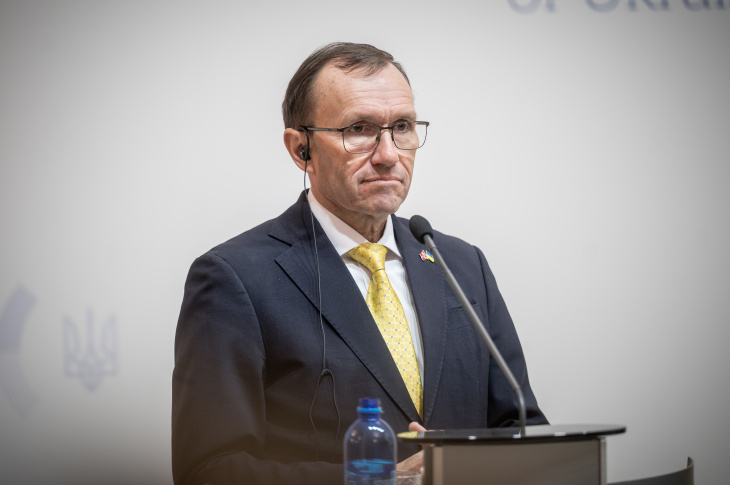Many Italian revolutionaries fled to the USSR in 1921–1925 and gathered in Odessa as the «Group of Italian Political Emigrants» and the local cell of the «International Organisation for the Support of Revolutionary Fighters» (MODR). The Soviet intelligence service and the Comintern considered Italy to be a stronghold of the world revolution and counted on the revolutionary potential of the Italians in the «red years» (1919–1920).
The leaders for that revolution were trained not only in Moscow, but also in Odessa. A group of Italians, who had fled from the persecution by the fascists, lived in the port city on the Black Sea. This groups of former members of the Communist Party of Italy, the «left wing» of the Italian Socialist Party, and anarchist federations were forced to cooperate with the Comintern, the MODR and the Soviet Intelligence Service (GPU).
During the 1920s, Italian political emigrants were recruited in Odessa by the Soviet intelligence to establish a net of agents in West European countries and a surveillance of «suspicious» foreigners and their spying activity for the Italian Consulate in Odessa. This was considered a sort of «communist treatment» for Italian sailors from commercial cargos in the port of Odessa, viewed as potential agents of the «world revolution». This recruitment was performed under the banners of «The International Sailor Club» (or «The Karl Marx Club for Foreign Sailors»), or the «International Union of Sailors and Dockers». In 1923–1924, Italian political emigrants worked on behalf of those organisations.
However, in 1924, many of them were arrested and imprisoned. It was the case of two Italian communists: Eugenio Gherbovaz and Dante Serpo. After one year they were released, but under the suspicion of «counter-revolutionary sentiments» and contacts with the anarchist underground in Odessa and Dnepropetrovsk. In 1928, the two Italians were again arrested in Odessa on a fabricated charge of espionage: disclosure of intelligence on recruitment of Italian sailors to the Italian consul. Subsequently they spent many years in camps.
In 1927, another Italian political emigrant Miro Avlich was arrested for spying for the Italian consul in Odessa. During 1922–1925, he had worked on Soviet commercial ships and «on a part-time basis» reported to the GPU.
Two Italian political emigrants, brothers Antonio and Amadeo Buticchi, also cooperated with the GPU. They started working in the «contraband detection». In 1925, Antonio became a «secret agent» and was sent to Sverdlovsk. Amadeo Buticchi spied after the Italian consulate in Odessa and, «with the permission of Moscow», returned to Italy. He was officially deported from the USSR to conceal his cooperation with the GPU.
In 1923, anarchist political emigrants Guido Bucciarelli, Luigi Evangelisti, Renzo Cavani arrived at Odessa. In 1927, Evangelisti and Cavani managed to illegally escape the USSR, with the help of West European sailors and, most likely, with the support of the GPU itself. Cavani returned to Italy and twice attempted, unsuccessfully, to kill the dictator of Italy Benito Mussolini.
Then, they took part to the revolution in Spain. In 1936–1938, Cavani and Evangelisti fought in the Spanish Republican Army. Bucciarelli was arrested in 1933 «for anarchist propaganda» and in 1937 «for counter-revolutionary activity».
In a nutshell, the Italian political emigrants in the USSR became political hostages, many of them as agents of the Comintern’s «world revolution» and the GPU. In the 1930s, the fate of most of them was tragic: they were sent to GULAG camps or sentenced to death.

Abstract from "Italian Political Immigrants - Secret State Political Authority Agents from Odessa’s Club of Foreign Sailors" by Viktor Savchenko, Odessa State University of Internal Affairs, and Oleksandr Trygub, Petro Mohyla Black Sea National University (Nikolayev).



















